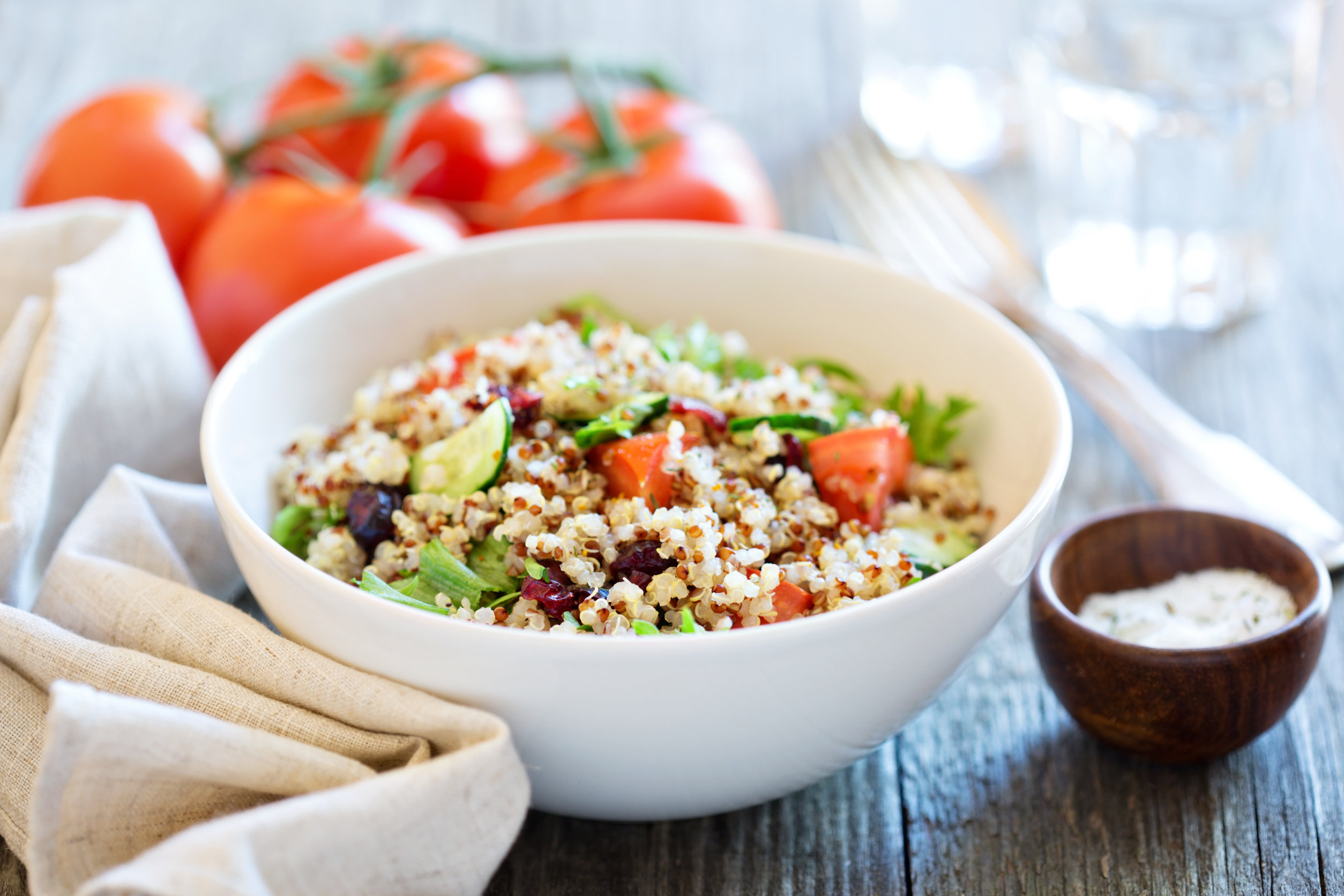”Guam, how knowledgeable do you feel about nutrition? With all the information about nutrition, food can be a complicated choice! This week's article looks to focus on the fundamentals. We hope you find this as a helpful reminder of what is actually important in nutrition!
Reading time: 4 Minutes
MWi Hack:
- Learn about nutrition fundamentals to help you avoid unrealistic diets and trends.
MWi Summary:
- Here are 10 truths behind success in nutrition, whether your goal is weight loss or athletic performance:
- The quantity of food you eat, in calories, determines your weight.
- The quantity of food you eat, in macronutrients, determines your body composition. Macronutrients refers to the nutrients that we need in large quantities: carbohydrates, fats, and protein.
- Timing only matters to the extend it affect quantity.
- The quality of food (as determined by micronutrient density) determines your health.
- It is never one thing.
- All diets control quantity to varying levels of precision.
- Sustainability is the most important factor in diet selection.
- The universal diet problem is processed foods.
- Your diet can’t be validated.
- There are diminishing returns on attaining perfection.
Skip trying the new diet trend. Dig in and understand these principles well, and you will be able to understand the how and why between the thousands of different diet approaches. I get a lot of nutrition questions! And I find that most of my answers come down to explaining these 10 Principles.
These are my current beliefs of the underlying physiological and psychological truths that determine nutrition success (be it in weight, health or performance).
1. The quantity of food you eat (in calories) determines your weight.
There is a certain amount of food your body needs based on things like age, sex, genetics, and activity. This total amount of food is measured in calories. If you eat more than your caloric need, you gain weight; if you eat less than your caloric need, you lose weight. It’s really that simple.
2. The quantity of food you eat (in macronutrients) determines your body composition.
Weight is the number you see on the scale; body composition is how much of that number is muscle versus fat. Macronutrients are another way to describe quantity: macronutrients are significant sources of CALORIES to the diet. The body uses the macronutrients differently, so by controlling intake in terms of macronutrients (instead of just calories), we have better control over body composition changes (i.e., fat loss vs. weight loss).
3. Timing only matters to the extent it affects quantity.
For 99% of us, WHEN you eat food doesn’t have an effect on weight, body composition or performance unless that changes the total amount of food consumed. For example, having a post-workout protein shake is beneficial if it allows you to reach your protein goal for the day. But that shake could be moved to anywhere in the day and have the same effect.
4. The quality of food (as determined by micronutrient density) determines your health.
While weight does affect health regardless of food quality, we find that time and time again, whole, unprocessed foods are associated with health. These foods are high in micronutrients (vitamins and minerals), as well as non-essential but health-protective compounds like fiber and phytochemicals.
5. It is never one thing.
The body needs close to 40 essential nutrients and is also positively affected by thousands of other non-nutrient health-protective compounds like phytochemicals. So, there is never ONE nutrient (e.g., saturated fat) that is “good” or “bad.” It’s the collective amount of all the nutrients you eat in relation to your genetics and other factors (e.g., stress, training) that determine your outcome.
6. All diets control quantity to varying levels of precision.
All diets can be plotted on a continuum of low/no (paleo) to high/complete (macros) control of the quantity of food one eats, which dictates weight or body composition changes. Although Macros gives the user the most control, most people do not want to weigh and measure their food. Therefore, the rules of MANY diets attempt to control quantity without weighing and measuring. For example, the diet may restrict certain foods.
7. Sustainability is the most important factor in diet selection.
You only get results by sticking to a diet program in the long term. While some diet approaches may not be ideal in terms of physiology, you have to accept trade-offs based on what diet an individual is able and willing to adhere to. This is where your psychology has an effect on diet outcomes.
8. The universal diet problem is processed foods.
No one is overeating baby carrots, ground turkey, and apples. The universal diet problem is processed foods – which remove water and/or add fat and sugar – making them more calorically dense and hyper-palatable. They are found everywhere and are all-to-easy to eat in our modern, busy, on-the-go lives.
9. Your diet can’t be validated.
You will never know your “perfect” diet or if everything you are doing is “ok” or “right.” There is uncertainty in nutrition due to genetics and other factors like stress and environment which cannot be predicted or tested comprehensively. But, we do know trends (quantity and quality matter) and have markers for body composition, health, and performance that are associated with longevity.
10. There are diminishing returns on attaining perfection.
The closer you get to a goal, the harder it is to get there. Optimization is a time and energy-intensive process, and the notion of a perfectly optimized diet is likely outside the scope of what someone wants or can do. And because so many things besides nutrition affect weight, health, and performance goals (e.g., sleep, training), there is some point at which optimizing any one diet factor (like protein intake) will be outperformed by focusing on a different factor (like training).
MWi would like to thank Sonder Wellness for sharing its expert insights with our community. Read the original article:






